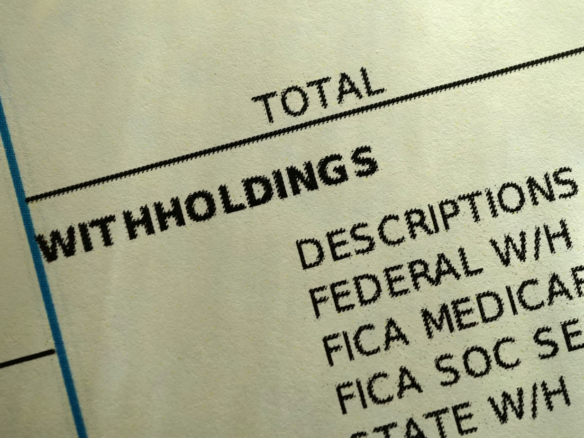Contrary to popular belief, repairing bad credit is not a task that can only be undertaken by professional agencies. In fact, working on your own credit repair might save you both time and money compared to seeking help from a credit agency. Before you get in touch with a professional credit repair service, refer to the following steps. You might find that repairing your own credit is not that difficult after all.
Understanding the Process and Obtaining Your Credit Report
Be aware that credit repair is a lengthy process that requires patience. The first thing you need to do is contact the credit reporting agencies in writing and request a copy of your credit report. Federal law allows everyone to obtain a free credit report annually. The three main credit-reporting agencies, Equifax, Experian, and TransUnion, can be found through an internet search or by consulting your local phone directory.
To request your credit report, contact the agency in writing and include the following information:
- Request a free copy of your credit report.
- A copy of your state identification (such as your driver’s license).
- Copy of proof of your current address (such as a utilities bill showing your home address).
- Provide your previous addresses for the past 5 years.
- A copy of your social security card.
- Make sure you close the request with your signature.
Expect your credit report to arrive in approximately 4-6 weeks. If you receive a letter denying you credit, make a copy and enclose it with your written request for a copy of your credit report. If you have already received your free annual credit report from AnnualCreditReport.com, you can use a denial letter of credit within 60 days of its receipt.
Reviewing Your Credit Report and Filing Disputes
Upon receiving your reports from the agencies, scrutinize each report for accuracy and discrepancies. Create a log to track the differences. If you find invalid accounts or errors in your reports, file disputes without hesitation. Most agencies provide dispute forms on their website (such as Equifax, Experian, and TransUnion). Each credit report should also provide contact and account information for each creditor. Maintain a log of all your debt information and creditors. If debts are older than 7 years, they probably won’t appear on the report, and if so, it’s best to leave them alone. Most creditors will write off the debt after 7 years, although some might continue to pursue you.
Negotiating with Creditors
Next, contact each creditor or apartment to make payment arrangements. Most will be willing to work with you, while others might be less cooperative. If a creditor is being difficult, ask for their supervisor or speak with someone else. Be prepared to encounter rude and uncooperative creditors, but stay persistent and request to speak with someone else. Offer a settlement amount and keep a written log of the conversation, including the person’s contact information each time you speak with a creditor.
Evaluating Your Credit Report and Filing Disputes
After receiving your reports from the agencies, carefully examine each one for accuracy and discrepancies. Establish a log to track the differences. If you identify any invalid accounts or errors in your reports, don’t hesitate to file disputes. Most agencies offer dispute forms on their websites (such as Equifax, Experian, and TransUnion). Additionally, each credit report should include contact and account information for every creditor. Keep a log of all your debt information and creditors. If any debts are older than 7 years and don’t appear on the report, it’s best to leave them alone. While most creditors will write off the debt after 7 years, some might still attempt to pursue you.
For more information on credit restoration, consider visiting 2nd Chance Apartment’s credit restoration page.
Collaborating with Creditors
The next step is to reach out to each creditor or apartment to discuss payment arrangements. While most will be willing to work with you, some might be less cooperative. If a creditor is being difficult, ask for their supervisor or request to speak with someone else. Be prepared to face rude and uncooperative creditors, but remain persistent and seek to speak with someone else. Propose a settlement amount and maintain a written log of each conversation, including the person’s contact information each time you speak with a creditor.
For those with bad credit, you can find helpful tips on renting an apartment from 2nd Chance Apartment’s article.
Conclusion
Repairing your own credit may seem daunting, but by following the steps outlined above, you can successfully improve your credit score without the help of a professional agency. Keep in mind that this process requires patience and persistence, but your efforts will pay off in the long run as your credit gradually improves. Stay organized, keep track of your progress, and don’t be discouraged by setbacks. Remember to monitor your credit reports annually and avoid accumulating new debts while you’re working on your current ones. By staying focused on your goal and documenting your payments and interactions with creditors, you’ll be well on your way to achieving financial stability and a better credit standing.






Join The Discussion